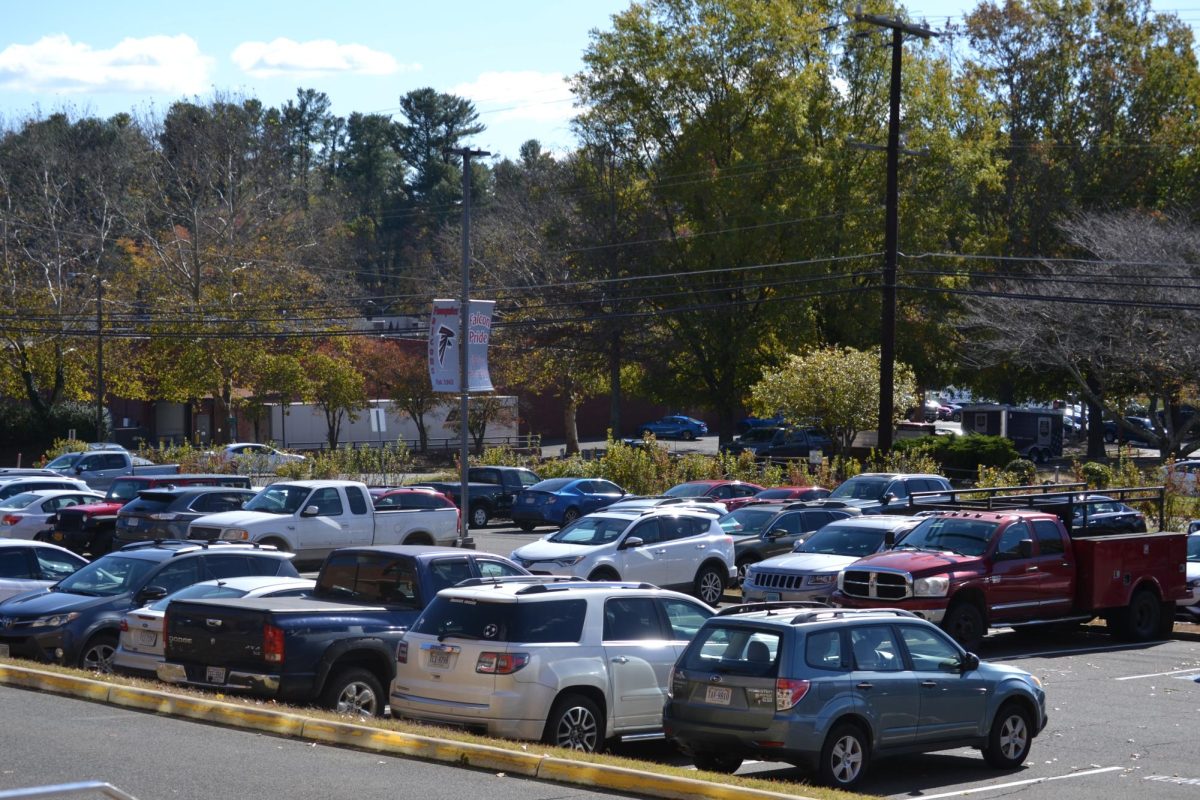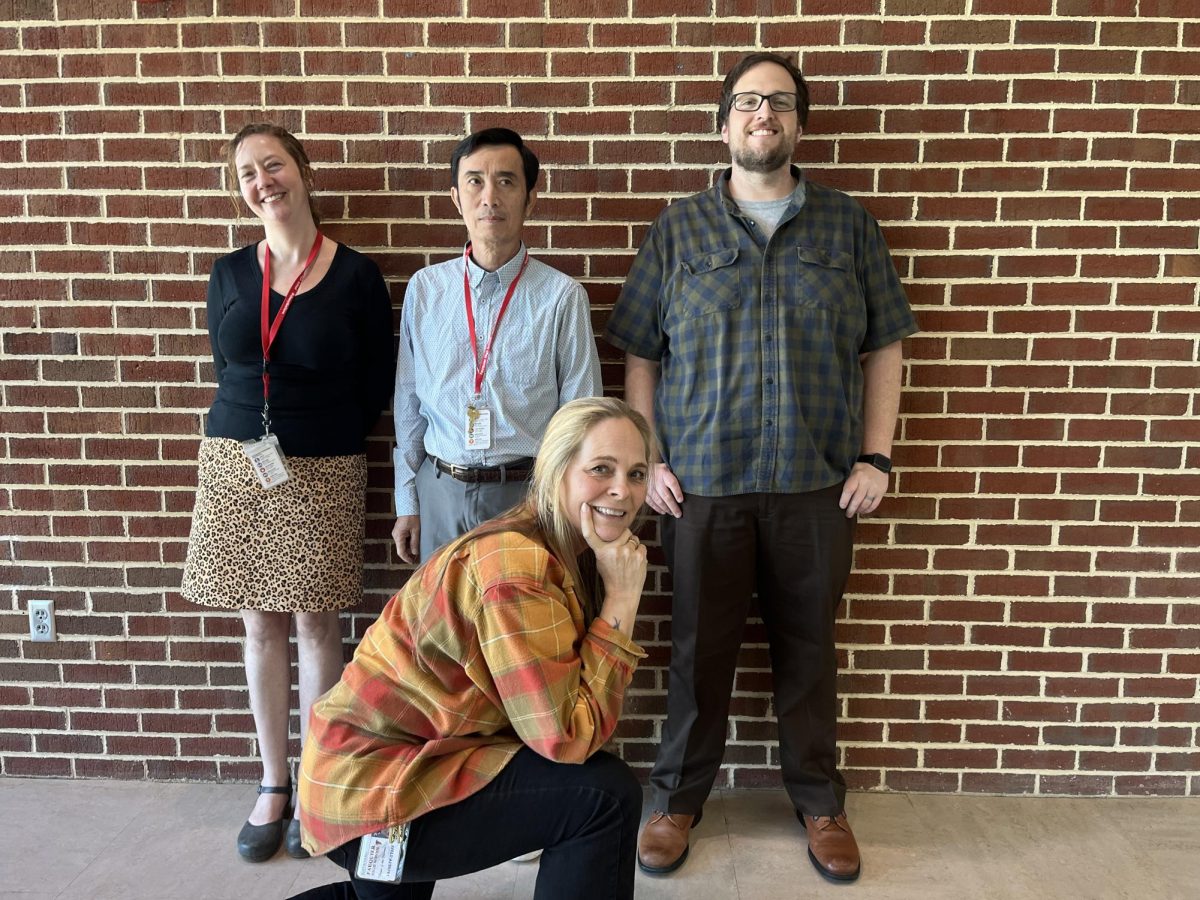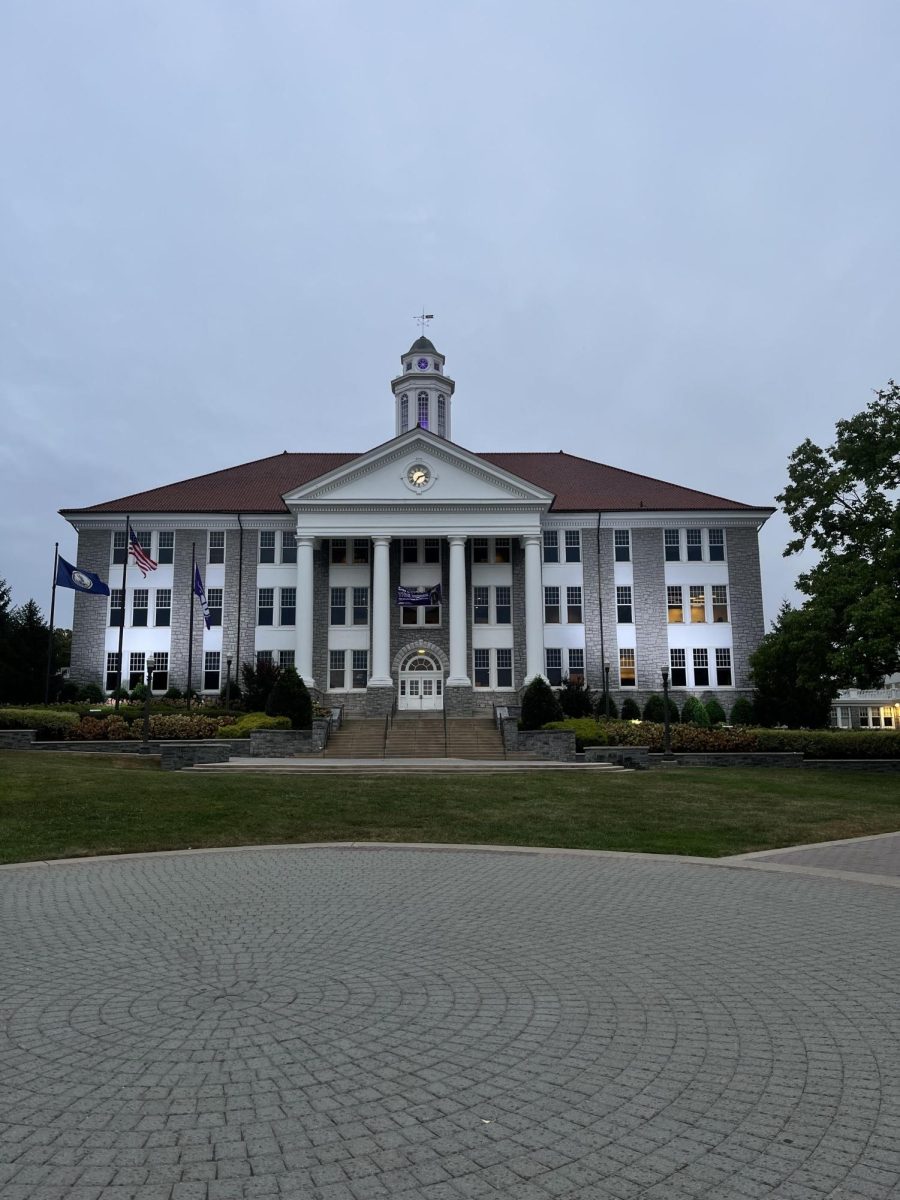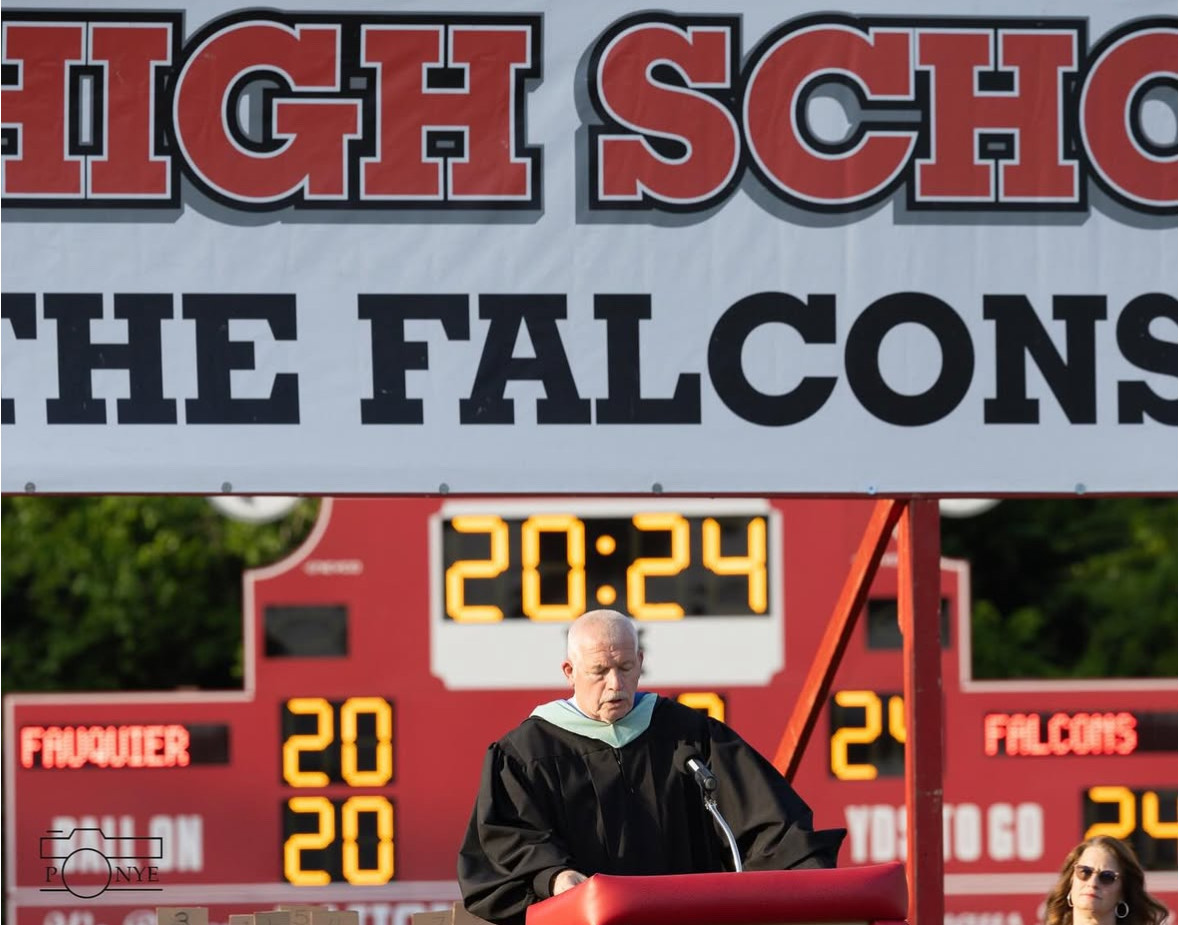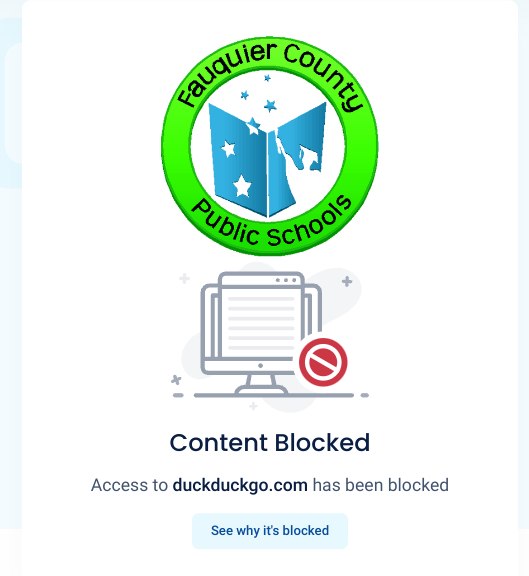
For Kristen Mathis, the cold January day was an unremarkable one for her class. Her students began to work in silence on her latest assignment about the Boston Massacre, a regular part of her AP US History curriculum. But the stillness of the room was suddenly broken with an unexpected visit from newly-appointed assistant principal Robert Glascock, who stated that he received multiple email alerts that students were making potentially inappropriate Google searches from their chromebooks.
As it turned out, students who had Googled the clue to solve one of Mathis’ problems had inadvertently searched the word ‘massacre,’ which immediately triggered an automated system that sent numerous email alerts to the administration. It was then that Glascock decided to walk upstairs to verify the innocence of the students. He left shortly thereafter, as according to Mathis, he realized the true cause of the notifications. “He didn’t have any issue with what we were doing,” said Mathis.
The computer system responsible for these alerts, Linewize, has long been used within FCPS to track and monitor the web searches students make and alert school officials of anything inappropriate. But a recent change moved the destination of these alerts from the FCPS central office to each individual school administrator and counselor, a change hailed by school officials as a timesaving measure when seconds count. But the switch has also prompted criticism from students, some of whom have repeatedly ended up in a meeting with their administrator for innocent school-related searches that were erroneously flagged as inappropriate by the system.
The switch was recently made by Director of Student Services Nicholas Napolitano alongside the Technology Department. “The alerts are now going directly to the schools themselves…so there isn’t a delay if there was an emergency or a student in crisis so the student would be able to get immediate help,” said Napolitano. The decision was also likely heavily influenced by new FCPS Superintendent Dr. Major Warner, who has continuously pushed an ethos of student safety since taking office in July.
While the change was implemented shortly after students returned from winter break, Warner stated the conversations around Linewize had been taking place since last summer, shortly after the start of his tenure. “There’s been a desire to reconnect to some systems that will give us more information, so that we can make better decisions with principals about how to support kids,” said Warner.
But the lack of communication surrounding the switch has created confusion even at the highest levels of the school’s own administration. Principal Jim Raines stated even he “did not know the answer” as to why the county had routed Linewize alerts across his desk, long after the change had been made. All FCPS principals were notified of the impending change in a principal’s meeting on Jan. 12, though Raines indicated that the county had not provided administrators with much training or explanation.
The software has extensive technical capabilities, including the ability to identify student’s personal devices that use the school’s WiFi. The Falconer was unable to determine the exact specifics of how students’ personal devices can be traced back to them. Tina Ference, the Director of Technology for FCPS1, did not respond to detailed questions about the technical capabilities of Linewize. Qoria, the parent company of Linewize, also did not respond to a request for comment.
A list of words that trigger the software was not publicly available. Linewize states on its website that it flags words based on categories, such as adult content, hate speech, substance abuse and suicide. It also flags all searches related to VPNs and proxies, cutting off loopholes for students who may try to circumvent the system. Despite concerns from some students, Linewize does not list LGBT-related content as a category that it flags. Ference requested information about those concerns, though ultimately did not comment on the matter.
Despite the administration’s praise, many students have faced difficulties with the software, especially as some find themselves in meetings with administrators over innocent searches that were flagged. Senior Mason Riley was summoned after the system flagged a “sexual” Google search, when in fact she was doing research for a project on the book Mrs. Dalloway. Riley said, “About 10 minutes later I got called down to the Annex office…but as soon as I got in there they understood that it was for schoolwork.” Raines mentioned cases where students were flagged for searching a picture of a basketball player shooting, where the “shooting” caused the system to flag it.
And these meetings with administrators have drawn notable student pushback. “They’re kind of wasting our time,” said Riley. Despite agreeing with the software’s purpose, senior Dylan Damer criticized the software for its barrage of erroneous flags. “I think it’s good in the sense that it keeps people from abusing the resources our school has given us, like our chromebooks, but I do think it is kind of a waste of resources…A lot of stuff that kids are getting pulled out for is not that big of a deal,” said Damer. Senior Nathan Timko said, “I have mixed feelings on it; I think it’s good for some things, but also weird for other things.”
Unfortunately, some students have also seized the opportunity to try to abuse the system by intentionally searching words that are bound to get flagged. Raines stated that his administration was “not playing that game” and would not tolerate any such activity. Another issue that has prompted concerns from administrators is when a student tries to frame a classmate by searching words when they are away from their computer. “Don’t leave your chromebook open while you run to the bathroom, because we have found that some buddies like to play games, and type something into Google that can get somebody called down to the office,” said Raines.
The impact of the system at FHS is so far yet to be determined. According to Raines, approximately 10-12 alerts are sent per day to administrators, though he indicated the vast majority of them did not necessitate action. However, Raines pointed to “one or two instances” where he felt the administration used the service to provide help to a student in need. Raines expressed that the purpose of Linewize was “not to be a ‘big brother,’ it’s trying to make sure that [students] are safe.”

